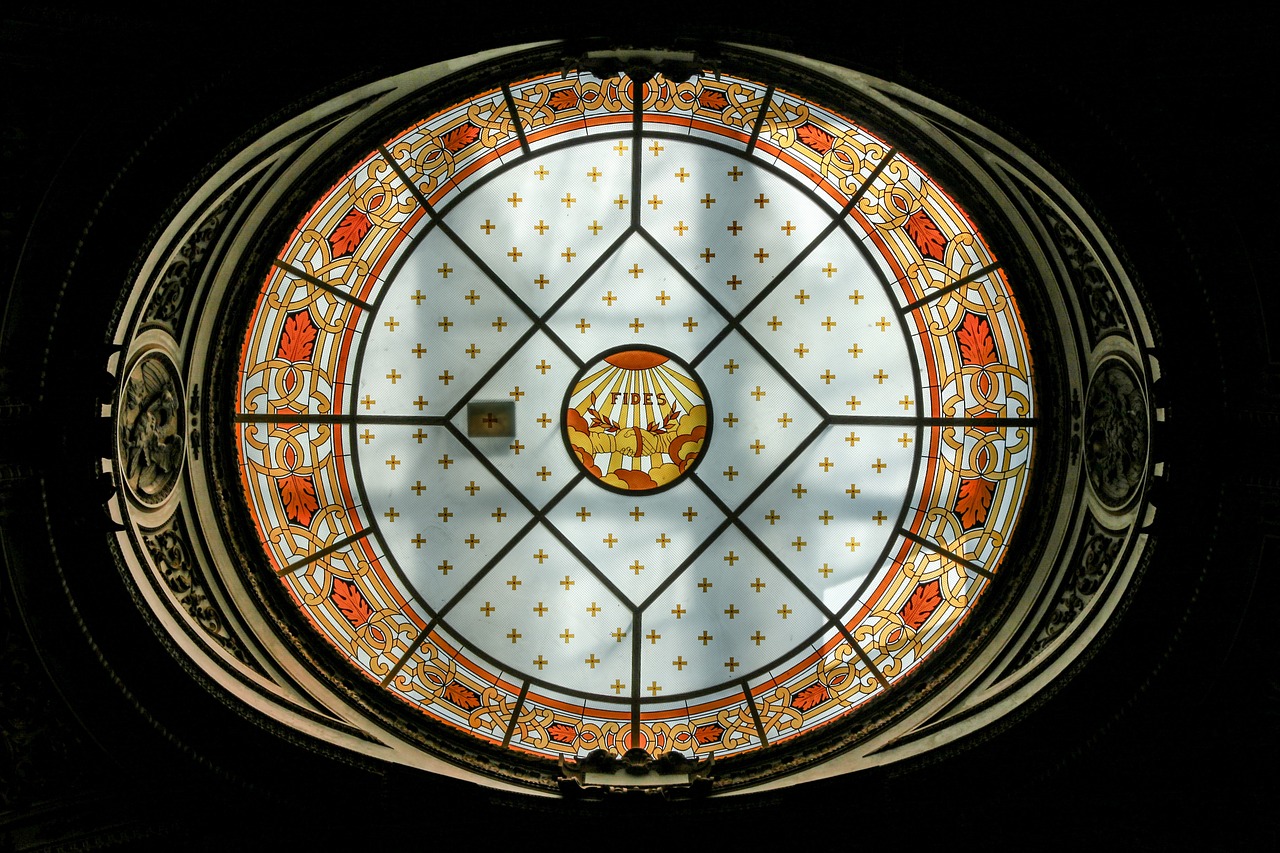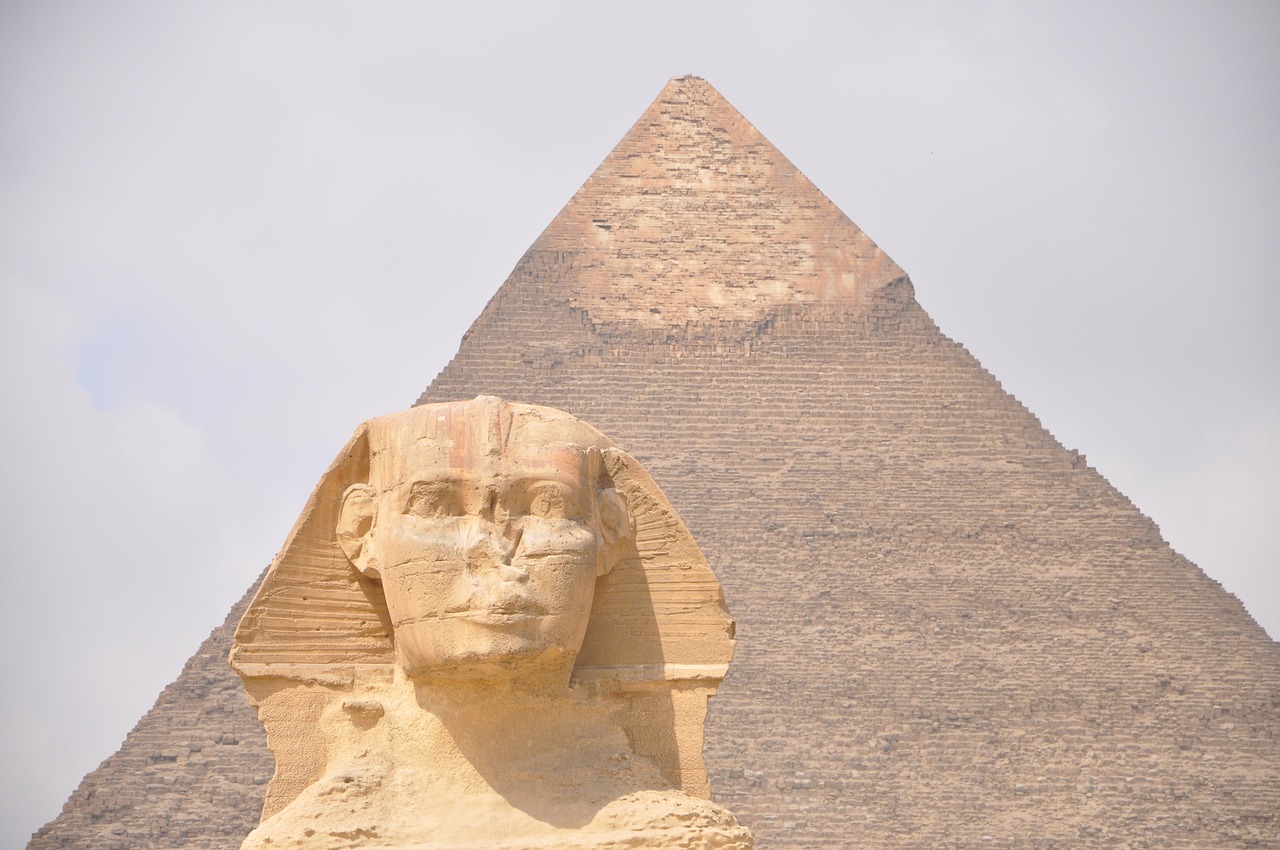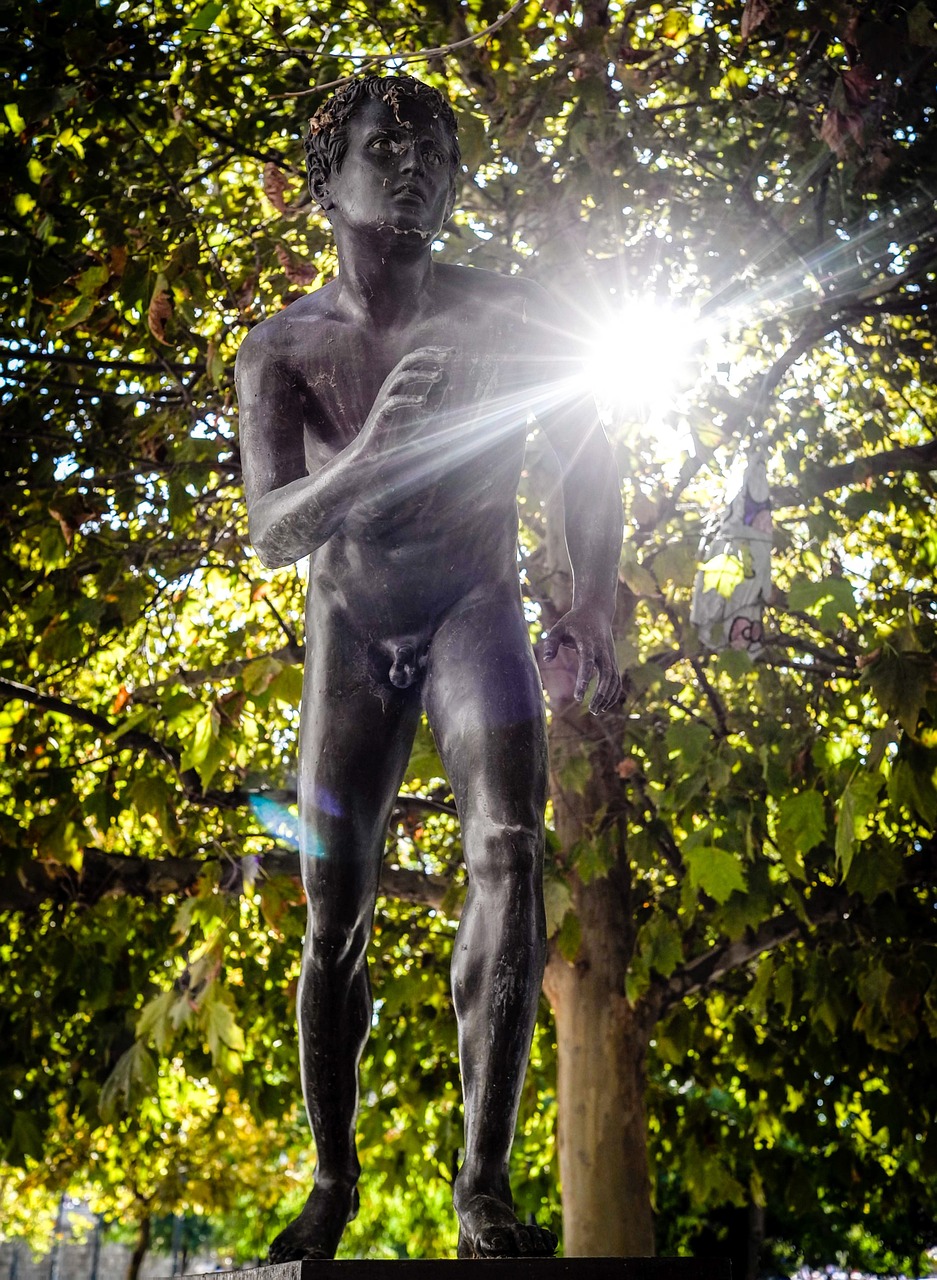Author: Sun WuKong
-
Understanding Fides: A Key Concept in Ancient Roman Culture Fides, deeply ingrained in ancient Roman society, signifies the ideals of trust, loyalty, and steadfastness. This principle was essential not only in personal relationships but also in the overarching fabric of societal interactions. It represents a commitment to honor relationships with family, friends, and the state,…
-
In the rich tapestry of Egyptian mythology and religion, Mut, sometimes referred to as Maut, is revered as a mother goddess with the distinctive head of a vulture. She is the wife of the prominent god Amon and the mother of Khons, forming a significant divine triad alongside Amon in Thebes. Depictions of Amon frequently…
-
Hathor, an ancient Egyptian goddess, has long been admired as a complex figure in mythology. She is sometimes linked to other deities, including Isis, and even Sekhmet, but ultimately emerged as a principal goddess from whom other figures derived. Visually, Hathor is often represented as a woman with cow features, such as a cow’s head…
-
The reign of Zeus signifies a pivotal moment in human history where the intellect begins to dominate the life forces. This period also ushers in extended cycles of mental evolution, during which humanity frequently drifts away from the truth of existence. This phenomenon is epitomized by the myths of Prometheus—Punished for his enlightenment—and his sibling…
-
Lir is often recognized as the father of the children transformed into swans by their envious stepmother Aoife in the tale known as “The Children of Lir.” This narrative is one I share only on rare occasions, opting to refer to it as “Aoife’s Tale.” In brief, the widely accepted version of this story goes…
-
The Colosseum in Rome is an iconic structure known worldwide, attracting millions of tourists annually. Its architectural grandeur, with a staggering circumference of 1800 feet, makes it a remarkable site, equally captivating by day or night. The Colosseum’s captivating history showcases various events, including gladiatorial battles, animal conflicts, and even executions. While it has endured…
-
Echoes of Ancient Legends: Donn of the Dead The enchanting world of Irish and Celtic folklore is characterized by myths and legends that have evolved throughout the ages, reflecting the changing lives of communities. An exemplary figure within this tapestry is Donn of the Dead, the ruler of the afterlife, often depicted in vibrant tales.…
-
Nestled in the southwestern region of the Karnak Temple Complex on the East Bank of Luxor, the Khonsu Temple is celebrated as a prime illustration of a well-structured small temple from the New Kingdom era. Its construction began during the reign of Ramses III, but it was completed under subsequent rulers, including Libyan generals who…
-
Archaeological Discoveries Illuminate Worship Practices of Hathor in Ancient Egypt Recent excavations in the ancient city of Buto, located in Kafr El-Sheikh province to the north of Cairo, have unveiled an impressive array of relics linked to the worship of the goddess Hathor. Undertaken by the Egyptian Ministry of Tourism and Antiquities, the discovery by…










